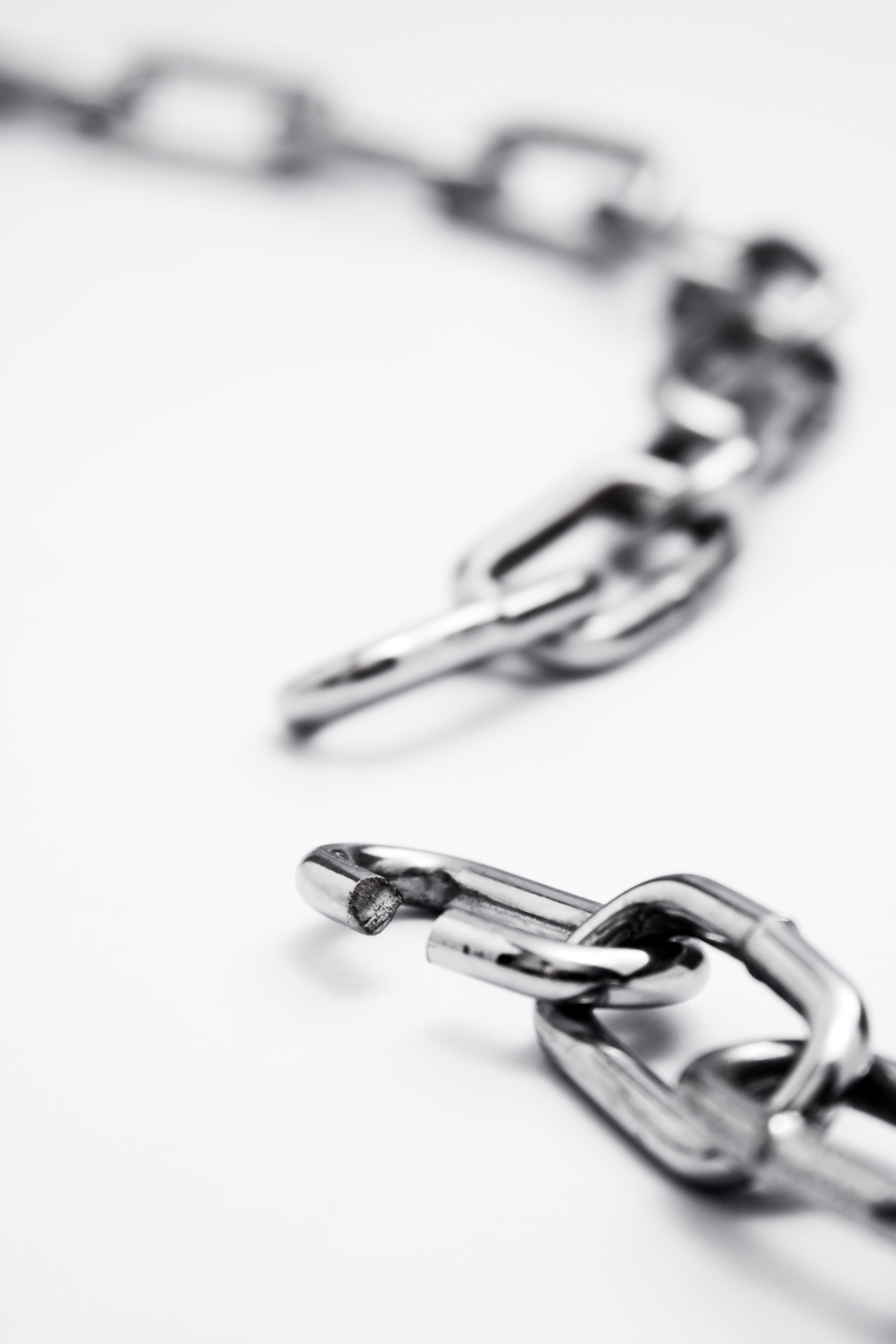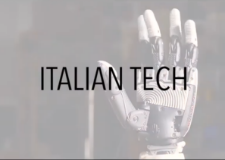In the fourth quarter 2023, the index of machine tool orders compiled by the Economic Studies Department & Business Culture Centre of UCIMU-SISTEMI PER PRODURRE showed a 31.1% fall compared to the period October-December 2022. The absolute value of the index stood at 92.1 (base year 2015=100).
The negative performance was due to the reduced order intake in the domestic market, whereas foreign sales showed resilience.
In particular, the orders collected abroad dropped by 2.9% compared to the same period of the previous year. The absolute value of the index was 100.9.
On the domestic front, orders marked a 69.1% downturn, compared to the fourth quarter of 2022, for an absolute value of 79.4.
On annual basis, the index marked a 24.7% decrease compared to the 2022 average (absolute index 90.5). Domestic index -48.4% (absolute index 74.6); foreign index -11.3% (absolute index 102.8).
Barbara Colombo, president of UCIMU-SISTEMI PER PRODURRE, pointed out: “The data processed by the Economic Studies Department & Business Culture Centre of UCIMU confirm our expectations: 2023 marked an evident reduction in the orders received by Italian manufacturers in the domestic market, which is counterbalanced by a general stability in the foreign markets. Overall, despite the negative sign, our companies are working intensively, thanks to the queue of orders that still have to be processed".
“With specific reference to the domestic market, the decline in the collection of new orders is not unexpected and corresponds to a general downturn in demand after the boom experienced in the last period. On the other hand, if we focus on the last quarter, the fall is also and mainly affected by the waiting effect for the new incentive measures that were expected and still are expected for 2024”.
“The discussion opened by the Government and the Parliament over the last few months of the past year, regarding the possibility of introducing new incentives 5.0, has certainly led the companies to suspend their purchasing decisions while awaiting clarity ".
“In practice - added the president of UCIMU - what has happened is the opposite of what occurred last year, when there had been a rush to invest in the last quarter of the year, in order to take advantage of the 40% tax credit rate, before it was halved in the new year”.
"We are currently waiting for the implementing decrees concerning the measures 5.0 that should allow to obtain tax credit for education and training and for investments in innovation projects aimed at twin transition, i.e. digital sustainability".
"In this way, Italian manufacturing enterprises could have a modular system of tax incentives that could be combined and cumulated, rewarding more those who invest in new machines, whereby digitalisation also enables sustainability. All this in response to the need of the Italian industry to continue with the digital transition process, which, also in line with the new European directives, must comply with the criteria related to the issue of sustainability and green manufacturing”.
"Considering the time frame and all the procedures to implement the new measures – stated Barbara Colombo - we can imagine that these first months of the year will still be characterised by a certain prudence in defining purchases of new machinery. Then, there should be a breakthrough from the beginning of the second quarter ".
"In the meantime, a further indicator of the still good predisposition of the Italian market to invest is given by the trend of applications to exhibit at BI-MU, the biennial exhibition of machine tools, robotics and automation, scheduled to take place at fieramilano Rho next October. At the moment, it has received significantly more applications than it did, in the same period, for the 2022 edition".
"In any case - concluded Barbara Colombo in her commentary on the situation of the Italian market – in light of what is happening, it would probably be useful to decouple measures from the temporariness of the Budget Laws, so as to ensure that companies have a set of structural fiscal tools that can enable them to plan investments in the long term. This would allow the market to distribute demand more homogenously, also fostering the activities of manufacturers, who could better plan their production".
“On the foreign front – stated Barbara Colombo – order intake was substantially stationary, thus confirming the long-term trend that shows a more regular performance with regard to orders obtained by manufacturers abroad, compared to those collected in the domestic market, where the incentives available over the years have brought about strong demand fluctuations”.
“In particular, Italian manufacturers have always had the United States as an extraordinary partner, which currently is the first export destination area. The dynamism of North American demand, which we expect to remain as it is in the coming months, has substantially compensated for the weakness of Asian and European demands”.
“Now, we hope that Europe and especially Germany will return to work as in the past or even more, considering that the re-shoring phenomenon can benefit Italian manufacturers that are already present in German value chains. Today, this wish becomes even stronger, if we consider the great uncertainty that weights on the international marketplace, where numerous, open geopolitical crises make the economic activity increasingly complicated”.
“With reference to Germany, in the period January-September 2023 (latest available data), the “Made in Italy” sales of the sector amounted to 244 million euro, i.e. 10% more than in the same period of the previous year. Despite this, it should be taken into account that the value of Italian exports to Germany is significantly lower than in the period prior to 2018 and compared to the record set in 2008, when it reached the figure of 465 million euro.”
"These data tell us that we can and must do more. For this reason - concluded the president of UCIMU – the Association has recently presented, to the Ministry of Foreign Affairs and International Cooperation, a proposal for cooperation and action dedicated to the operators of the sector, Italian manufacturers and German manufacturers and users, for the two-year period 2024-2025. The purpose of the proposal is to start a dialogue with them on a possible plan of joint actions, aimed at strengthening and enhancing the special features of two industries and possible partnerships in markets of shared interest”.
Cinisello Balsamo, 25 January 2024
For more information, contact the following:
Claudia Mastrogiuseppe, External Relations and Press Office Manager, +39 0226255.299, +39 3482618701 [email protected]
Massimo Civello, External Relations and Press Office +39 0226255.266, +39 3487812176 [email protected]
Filippo Laonigro, Technical Press Office, +39 0226255.225, [email protected]


























